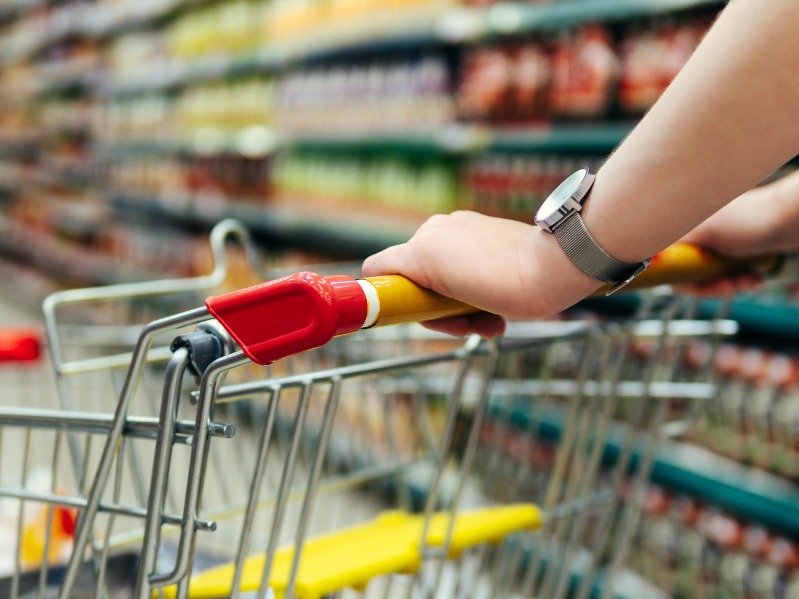Food inflation reaches new high amid warning of 'another difficult year'

Food inflation has reached a new high of 13.3 percent this past month, as the price of basics such as eggs and dairy products soared.
Food inflation accelerated strongly in December to a new record, up from 12.4% in November, the British Retail Consortium's (BRC) index shows.
This was the highest monthly rate since the BRC began collecting data in 2005.
The increase was caused by the high cost of fertiliser, animal feed and energy due to Russia's invasion of Ukraine, the BRC explained.
Helen Dickinson, the body's chief executive, said that inflation "shows no immediate signs of waning".
“It was a challenging Christmas for many households across the UK," she said, warning that 2023 "will be another difficult year for consumers and businesses".
Amidst the cost-of-living crisis, retailers and consumers have seen surging energy costs, shelving shortages, and inflation in the face of a recession.
Because of these issues, Ms Dickinson said the government must act now: "Government must urgently provide clarity on what future support might look like or else consumers might pay the price."
She warned that after the government’s energy bill support scheme expires in April, further investment in prices may no longer be viable.
Without this scheme, retailers could see their energy bills rise by £7.5 billion, Ms Dickinson said.
For the farming industry, AF’s latest Aginflation Index showed the upward trajectory in the cost of inputs, jumping by 34.15% from September 2021 to end of September 2022.
This annual increase is substantially higher than the almost 22% increase recorded in the previous annual index, recorded in the year to September 2021.
Seven out of the nine categories of inputs saw double digit inflation with animal feed and medicine, fuel and fertiliser seeing greatest increases at 36%, 42.8% and 133.8% respectively.








